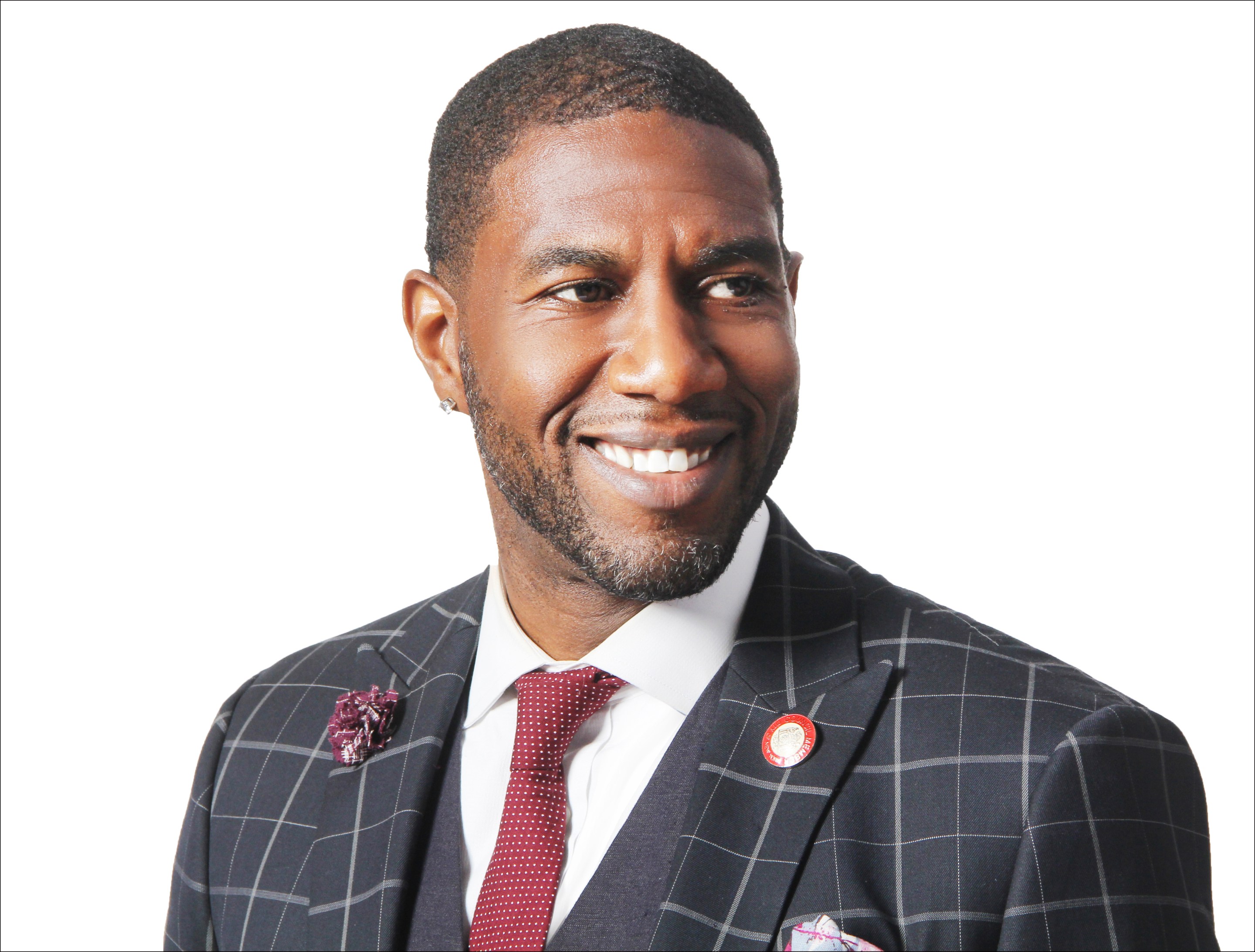City Council Member Jumaane Williams was elected Public Advocate on Tuesday with roughly 33 percent of the vote in a 17-person field. Here's how he answered our candidate questionnaire earlier in the month.
1. Thinking broadly, what is the public advocate job to you?
When the role of the Public Advocate was originally created, it was intended to “rise above politics” using five primary roles, to serve as a legislator, ombudsman, Charter cop, Pension trustee and appoint individuals to a variety of positions. From day one, I would make sure to effectively serve in each of these five roles. As a Charter cop, enforcing that agencies are executing their Charter-mandated responsibilities, has been little deployed. Especially now, in a time of expanding progressive legislation and policies, there must be a force actively guaranteeing that the intentions of the people’s representatives in Council are being felt on the streets and in the lives of the people of New York. I would eagerly embrace that role as Public Advocate.
As Public Advocate, I plan to open satellite offices staffed with Deputy Public Advocates in the boroughs with the highest number of CCRB complaints. This would give members of our community a more local place to go for help related to these precincts and to give CCRB office space outside of Manhattan to send staff to meet directly with community members in their borough.
I also believe some of the top issues that New York City must address include creating safe, affordable, income targeted housing, addressing major issues with NYCHA, improving transparency and accountability in government, fixing our broken MTA, reducing gun violence and overhauling our criminal justice system. Our city needs a public advocate who can effectively be an activist elected official, fighting for working families across the five boroughs.
2. What would be your top transportation policy agenda as public advocate?
Fixing #CuomosMTA.
3. Does the city build enough bike lanes? Does the city involve community boards too much or too little in that process?
Bicycles themselves are a necessary tool in diversifying our transportation network, as well as our goal as a City to drastically reduce harmful emissions. I support bike lanes as a way to integrate this toll into the network with safety of the rider in mind, but the community must be closely involved in the siting and planning of the lanes. All too often, lanes carry the stigma of being a sign of gentrification in communities of more color, particularly if they're imposed on the community with little to no input. Community engagement must be prioritized to safeguard the viability of bicycle lanes.
4. What has been Mayor de Blasio's biggest mistake on transportation public policy, in your opinion?
I applaud the mayor for Vision Zero and the proven successful efforts to make our streets safer. Where I find a shortfall is that enforcement has often not measured up to the ambition of the policy. Too often we see non-dedicated bike lanes and SBS lanes clogged by improperly parked vehicles, frustrating the flow of traffic and harming the effectiveness of both. It's not enough to mark out space for bicyclists and rapid bus transit, the space must be kept clear for both. The biggest concern I have with the mayor’s tenure is that he often does things to the community, rather than with the community.
5. The public advocate must balance many constituencies. How would you prioritize street safety when communities sometimes oppose it?
I have long understood and proven an ability to build advocacy coalitions through finding common ground, and here I would employment the same approach. Street safety is a universal policy agenda, impacting every New Yorker. Communities may oppose safety measures because of an initial rejection of the inconvenience, but the gains far outweigh the costs. An effective Public Advocate can get buy-in on that point, and I have successfully done so all my career. As a person who often drives, I’m the person in place of safety respective to that of pedestrians and those on bikes.
6. Do you support congestion pricing — and, if so, in what form? Whose interests should be protected?
I support advancing a congestion pricing plan to fund mass transit, even if it means unilaterally developing a plan on our own authority.
In the event we go forward independently, I would support using the funds generated to support mass transit that is similarly 100% within the city's control, like the NYC Ferry system.






